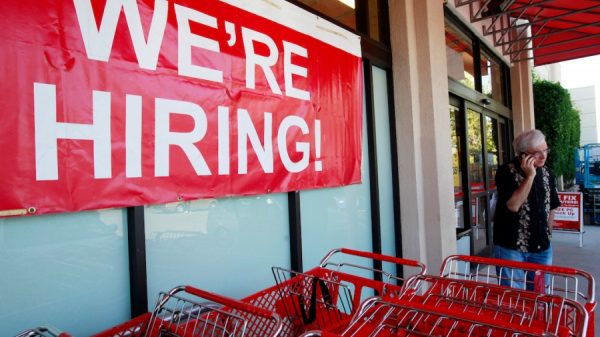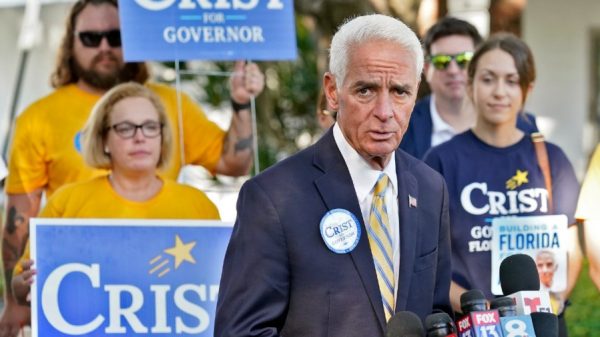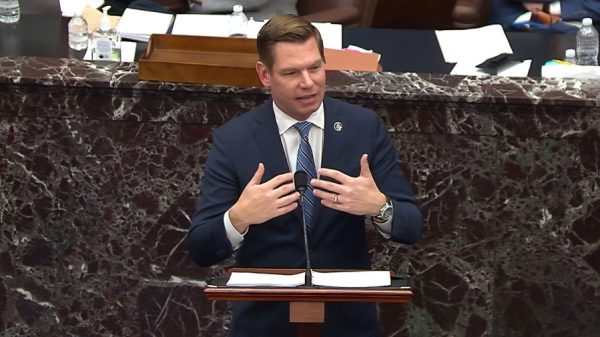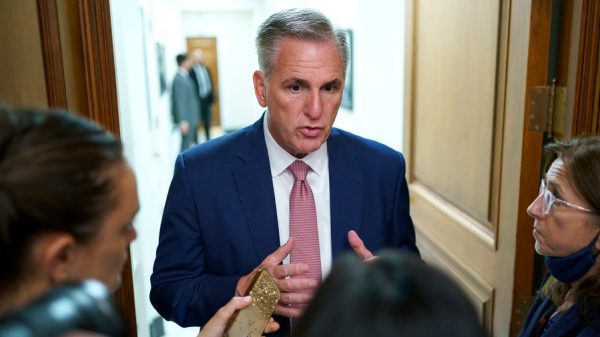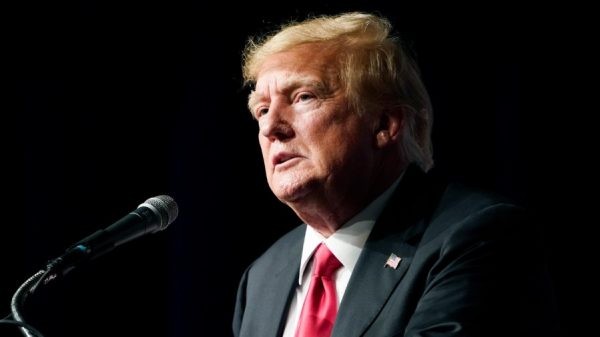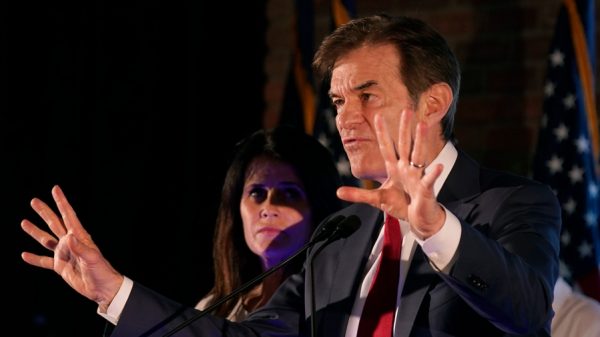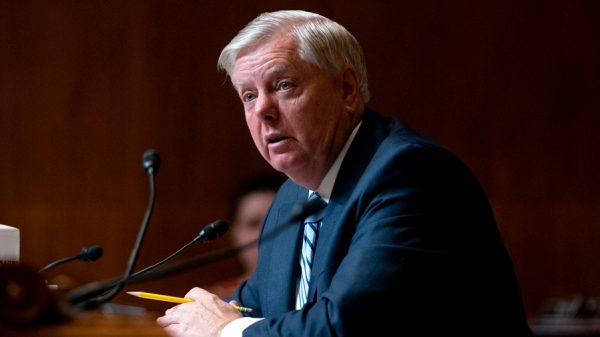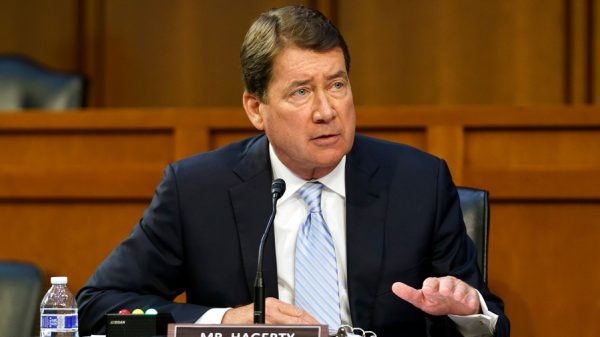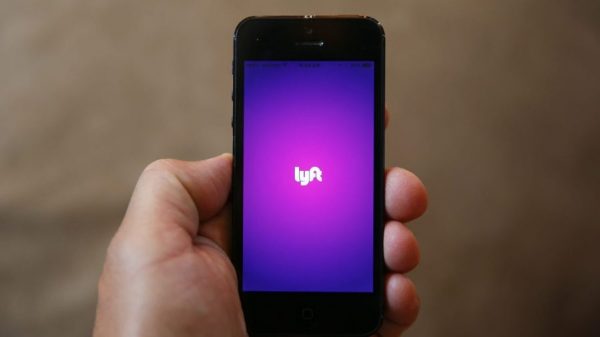The number of Americans quitting their jobs remains near record highs even as the economy appears to be inching closer to a deeper slowdown.
We’ll also look at a potential slump in private sector hiring and why mortgage applications dipped at the end of last month.
But first, here are five of the biggest takeaways from the FBI’s Trump and Mar-a-Lago filing.
Welcome to On The Money, your nightly guide to everything affecting your bills, bank account and bottom line. For The Hill, we’re Sylvan Lane and Aris Folley. Subscribe here.
Americans still quitting jobs despite recession fears
Interest rates are rising, inflation is lingering at four-decade highs, the economy appears to be slowing and experts fear a recession is on the way. But Americans are still quitting their jobs at near-record rates in the face of growing economic uncertainty.
- The percentage of American workers who quit their jobs set a record earlier this year and has only dropped slightly as the economy slows from two years of torrid growth.
- After reaching 2.9 percent this spring, the quits rate dropped to 2.7 percent in July, according to data released Tuesday by the Labor Department.
The idea of quitting a job amid a period of increased cost of living and a dubious economic future may seem counterintuitive. But the labor market has remained stacked in favor of workers, who see ample opportunities to boost their earnings to supplant increased costs from inflation.
- There were roughly two open jobs for every unemployed American, according to Labor Department data, giving job seekers ample opportunities to find new jobs with better pay or working conditions.
- And businesses are still scrambling to find enough workers to keep up with consumer spending — which is well above pre-pandemic levels — from a workforce that remains smaller than it was before COVID-19.
“Once job seekers know it’s possible to attain a higher wage, their expectations may shift and act as a pull factor in searching for a higher dollar amount,” wrote AnnElizabeth Konkel, an economist at Indeed Hiring Lab, in a Monday analysis.
Sylvan has more here.
LEADING THE DAY
Mortgage applications sunk as interest rates spiked to end August
Mortgage applications dropped last week as interest rates on home loans spiked higher, according to data released Wednesday by the Mortgage Bankers Association (MBA).
- The MBA’s market composite index, which measures mortgage lending among the trade group’s members, fell 3.7 percent last week after seasonal adjustments.
- The drop came as the average 30-year fixed mortgage rate rose to 5.8 percent, the highest level since mid-July.
Home sales have fallen sharply since March as the Federal Reserve began a series of interest rate hikes meant to slow the economy. Higher mortgage interest rates make monthly payments on homes more expensive and reduce the number of buyers in the market. The squeeze of higher interest rates and fewer buyers could also force sellers to reduce their asking prices.
While the Fed does not directly control the interest rates charged on mortgages, lenders typically boost rates in line with how high they expect the central bank to hike borrowing costs across the economy. The recent spike in rates follows several speeches from top Fed officials, including Fed Chair Jerome Powell, who insisted the bank would continue to hike interest rates to fight high inflation.
Higher mortgage rates have also taken a bite out of refinancing applications, which fell 8 percent last week. Joel Kan, MBA’s associate vice president of economic and industry forecasting, said “purchase applications have declined in eight of the last nine weeks, as demand continues to shrink due to higher rates and a weaker economic outlook.”
Sylvan has the breakdown here.
JOB GROWTH SLUMP
Private sector adds 132,000 jobs in August: ADP
Job growth in the private sector continued to slow in August, with companies adding 132,000 jobs, according to an ADP job report released Wednesday.
“Our data suggests a shift toward a more conservative pace of hiring, possibly as companies try to decipher the economy’s conflicting signals,” ADP’s chief economist Nela Richardson said in a statement. “We could be at an inflection point, from supercharged job gains to something more normal.”
- The August numbers are down from July, when the private sector added almost 270,000 jobs, according to ADP. Job growth is also much lower than anticipated, with economists having predicted 225,000 jobs added, according to CNN Business.
- The slowdown comes as debate continues over where the economy is headed and whether a recession is imminent. After hitting a 40-year high of 9.1 percent in June, inflation dipped slightly in July to 8.5 percent, aided by a drop in gas prices.
The Hill’s Julia Shapero has more here.
Confidence in economy rises: Gallup
Americans’ confidence in the economy has improved compared to July, but the public still evaluates the economy negatively, according to a new Gallup poll.
Gallup’s economic confidence index improved from -51 in July to -39 in August, returning to the levels seen in March in April.
- The index measures Americans’ evaluations of current economic conditions and whether the economy is improving or worsening on a theoretical scale of +100 to -100.
- Sixteen percent of U.S. adults rated current economic conditions as “excellent” or “good,” compared to 14 percent in July. Forty-seven percent of respondents described conditions as “poor,” a five-point drop from when 52 percent said so last month.
The Hill’s Zach Schonfeld has the deets here.
Good to Know
President Biden on Wednesday announced plans for a 4.6 percent average pay raise for civilian federal employees in 2023.
In a letter announcing the plans to Congress, the president noted “growing recruitment and retention challenges” for federal agencies and “eroded compensation” in federal positions.
Here’s what else we have our eye on:
- The Food and Drug Administration (FDA) on Wednesday authorized updated COVID-19 booster shots specifically targeting a subvariant of omicron.
- The majority of Americans support the Biden administration’s new student debt relief initiative, according to a new The Economist-YouGov poll.
That’s it for today. Thanks for reading and check out The Hill’s Finance page for the latest news and coverage. We’ll see you tomorrow.
VIEW THE FULL EDITION HERE



